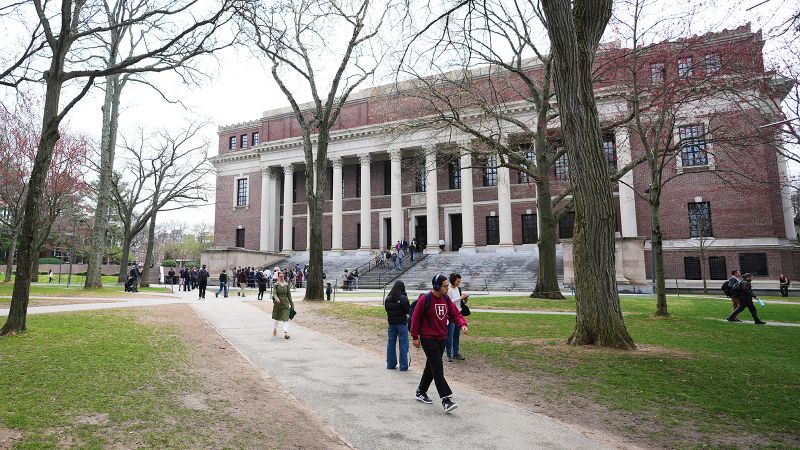Trump vs. Ivory Tower: Inside the High-Stakes Battle with Harvard's Elite

Harvard University has long stood as an intellectual bastion, seemingly immune to the political turbulence that has swept through American institutions. Yet, the recent controversies surrounding the university reveal how even the most prestigious academic strongholds are not impervious to the polarizing forces of contemporary political discourse.
The campus, traditionally a sanctuary of academic freedom and intellectual debate, has found itself at the epicenter of a cultural storm that mirrors the broader national tensions. The university's struggles highlight the complex intersections of academic leadership, free speech, and political ideology that have come to define the current American social landscape.
What makes Harvard's recent challenges particularly striking is how they epitomize the broader cultural conflicts driving political discourse in the United States. The institution's grappling with issues of representation, leadership, and academic freedom seems almost perfectly designed to provoke the most intense political reactions, making it a microcosm of the larger national debate about identity, power, and institutional integrity.
As the controversy unfolds, Harvard finds itself navigating a precarious path between academic principles and political pressures, embodying the broader challenges facing elite institutions in an increasingly divided social and political environment.
